Boston at a Crossroads: Navigating the Post-Pandemic Era

In the wake of the pandemic's disruptive influence on work patterns and economic uncertainty, Boston finds itself at a critical juncture. While it's reassuring to know that we're not alone in grappling with these challenges, it's essential to understand that waiting for a sweeping trend to rescue us is not a viable strategy.
This sobering assessment comes courtesy of the Massachusetts Taxpayers Foundation's report, "Urban Economies on the Precipice," which paints a bleak picture not only for Boston but also for five other major U.S. metropolitan areas.
While major U.S. cities grapple with average office vacancy rates of approximately 50%, Boston has fared somewhat better, with rates ranging from 30 to 35 percent. However, transit ridership across these metropolises—home to the nation's six largest public transit systems—has seen a sharp decline. Downtown foot traffic has plummeted by 30 to 40 percent in five of these cities, with Washington, D.C., bearing the brunt with a staggering 66 percent decrease.
The catalyst for this disruption? The widespread adoption of remote work, which took root during the COVID-19 pandemic and has since become a permanent fixture, with approximately 30 percent of work now being done remotely.
"This is not a Boston phenomenon," emphasizes Doug Howgate, president of the Taxpayers Foundation. However, he stresses that the region's response to this global phenomenon is very much within our control. The question now is how Boston adapts to this new reality.
The roadmap laid out in the report aligns with what local leaders have advocated for years, but the urgency has been amplified.
"To thrive in this new world, we must take action," says Howgate. The report identifies several critical areas that demand immediate attention:

- Affordable Housing: As one of the most expensive rental markets in the country, Boston must implement more robust measures to address the housing crisis and mitigate rising housing costs.
- Traffic Congestion: Boston consistently ranks among the top cities for time lost to traffic congestion. Addressing this issue is crucial to encouraging office return rates.
- Public Transit: The MBTA must be revitalized to ensure a functional and efficient transit system.
- Innovation Economy: Boston should leverage its status as a leading player in the innovation economy. Initiatives like the state-backed life sciences program should be expanded upon.
The report also highlights recent positive developments, such as Cambridge's selection as an "investor catalyst" hub for a new federal health research center—a testament to the region's competitive edge in innovation.
In a departure from the traditional slow-and-steady approach, the report underscores the need for rapid adaptation to navigate these changes successfully, asserting that it's a sprint, not a marathon.
Moreover, it predicts another significant upheaval on the horizon, with artificial intelligence potentially replacing up to a quarter of U.S. jobs. This development, often referred to as "Generative AI," could further impact service jobs and office space demand.
In anticipation of these changes, the report emphasizes the need for swift response and proactive measures to mitigate risks to commercial real estate values and financial stability.
While acknowledging the magnitude of the challenges, Howgate notes positive signs that state leaders are beginning to grasp the need for aggressive action on multiple fronts, from reauthorizing life sciences initiatives to addressing housing and taxation issues. It's a pivotal moment for Boston, and strategic, swift action is the key to securing a prosperous future.
Categories
Recent Posts
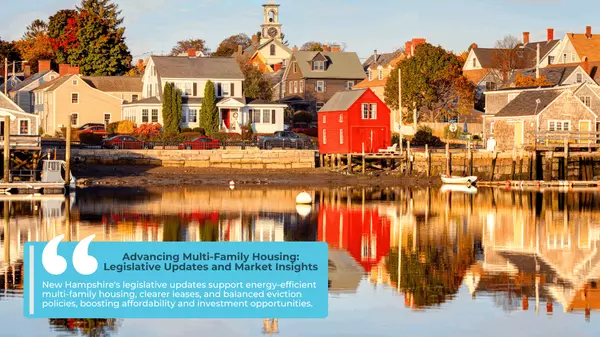
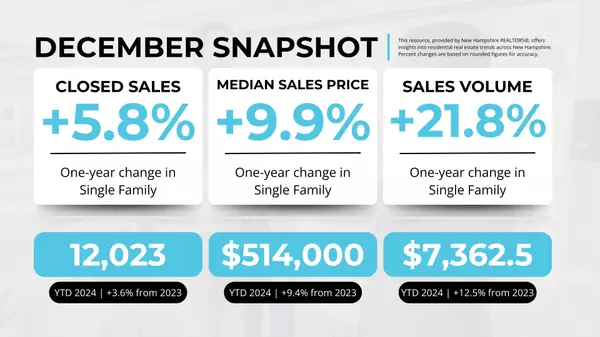
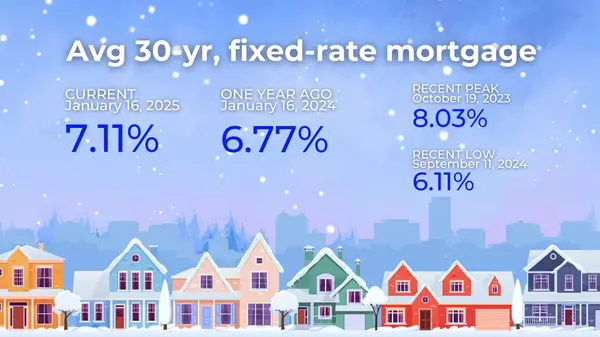
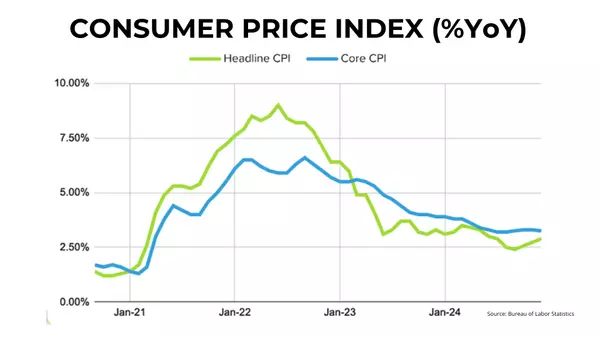
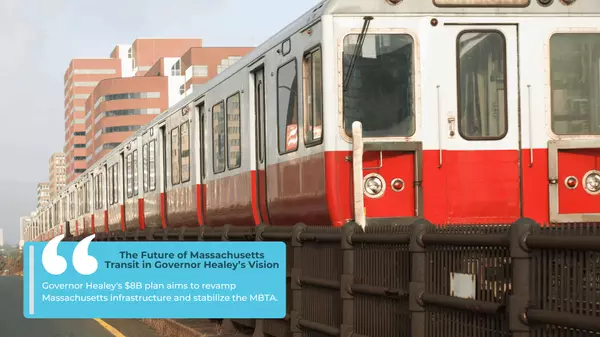
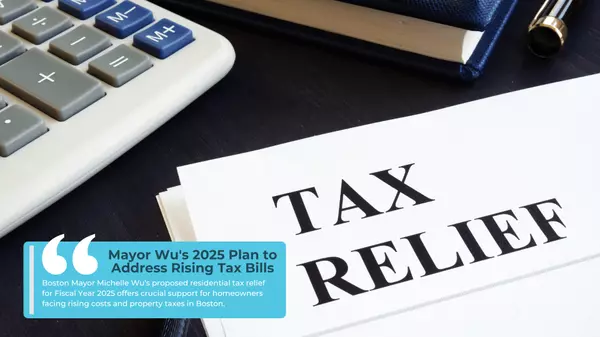
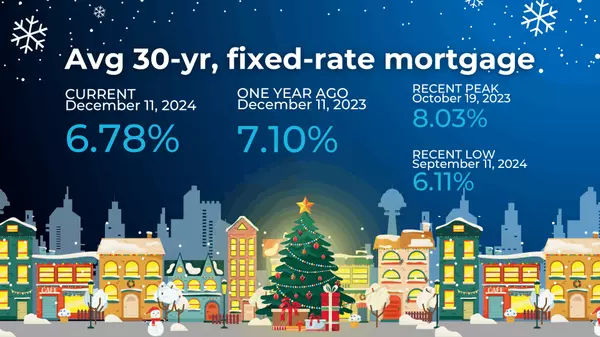

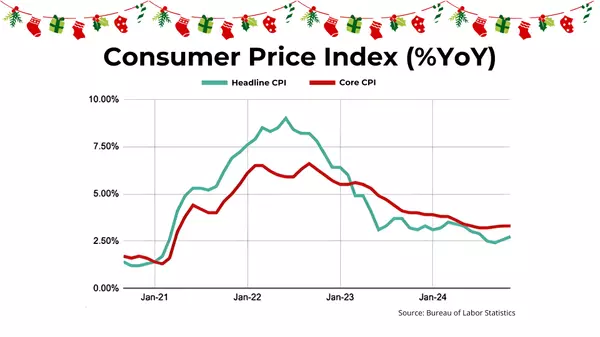
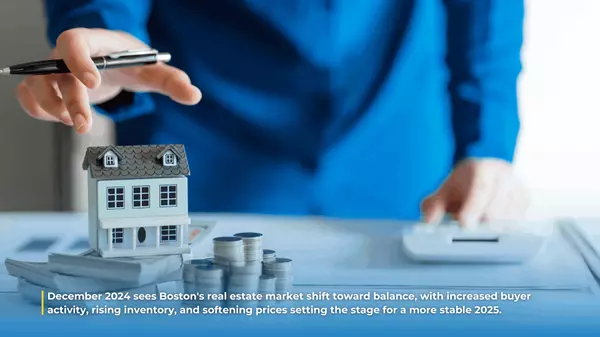
GET MORE INFORMATION

